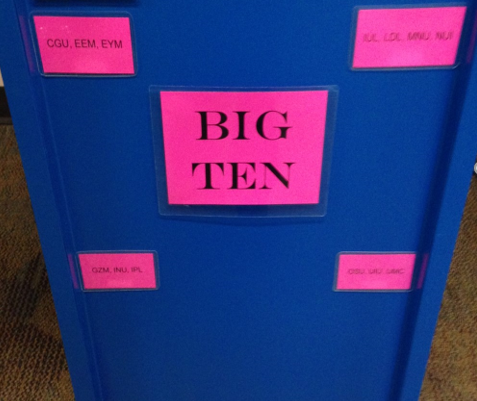by Chris Holobar, Lending Services
Fall 2016 will be a transitional period for electronic reserves as we migrate from The Cat/Workflows to Springshare E-Reserves, while also supporting courses in both ANGEL and Canvas:
Requests
All new and reactivated E-Reserve requests are being created in Springshare. For now, this will be done centrally and Nicolle Nicastro (is now being copied on all new requests for all libraries submitted through our online forms.
Please be sure that online requests forms are submitted for all new requests, even those for walk-in requests and email. If you’ve received new requests for fall in the past month, please forward them to Nicolle.
All faculty, whether using ANGEL or Canvas, will be emailed direct links to
reserves lists in Springshare.
ANGEL
For this fall, the ANGEL reserves links under Resources, Penn State Library Tools will no longer function. Instructions for faculty will be available through ANGEL and the Library to remove these tools and replace with a direct E-Reserves link.
Canvas
Courses in Canvas should have both LibGuides and E-Reserves links available automatically on the Library Resources tab. If these do not display, please have faculty contact us at libraryreserves@psu.edu.
Books/DVDs/CDs
All physical reserve materials will continue to be processed in Workflows and searchable in The CAT. Please note that there are now two separate searches, one for Books/DVDs/CDs on reserve and one for E-Reserves. Library public pages are being updated to reflect this.
While we’re still transitioning, E-Reserves processing in Springshare will be centralized primarily to staff at UP and Harrisburg. Later in the fall we will begin offering Springshare training to other campus staff.
Thanks, please share this information as needed and contact Chris Holobar or
Nicolle Nicastro if you have any questions.
Look for updated information about E-Reserves for fall here:
https://staff.libraries.psu.edu/course-reserves-services





